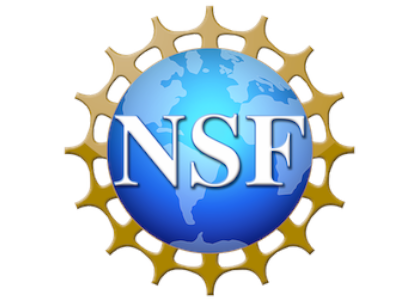Dear Colleague Letter: Research Opportunities Related to Coastlines and People (CoPe)
April 24, 2019
Dear Colleagues:
With this Dear Colleague Letter (DCL), the National Science Foundation (NSF) Directorates for Geosciences (GEO), Social, Behavioral and Economic Sciences (SBE), Biological Sciences (BIO), Engineering (ENG), Education and Human Resources (EHR) and the Office of Integrative Activities (OIA) announce their intent to support Research Coordination Networks (RCNs), a select type of Early-Concept Grants for Exploratory Research (EAGER), conferences, and Non-academic Research Internships for Graduate Students (INTERN) supplements that relate to Coastlines and People (CoPe). Through CoPe, NSF is interested in supporting projects to build capacity and explore research focused on understanding the impacts of coastal environmental variability and natural hazards on populated coastal regions. CoPe projects should explore the complex interface between coastal natural processes, geohazards, people and their natural and built environments. CoPe will include coastal variability and hazards on a range of spatial and temporal scales, from local to global and seconds to millenia to put current changes in context of pre-anthropogenic changes. The landscape of individuals interested in coastal research is diverse, including but not limited to researchers, decision-makers, practitioners (individuals dealing with the day to day operations in coastal areas), and stakeholders (communities impacted by coastal change). The following funding mechanisms are available to provide support for a spectrum of coastal interests from scientists to stakeholders, to develop partnerships and build the networks needed to delve more deeply into these ideas and/or explore novel ones, and to conduct small pilot projects related to CoPe.
Read full DCL: https://www.nsf.gov/pubs/2019/nsf19059/nsf19059.pdf
See also https://coastlinesandpeople.org/





